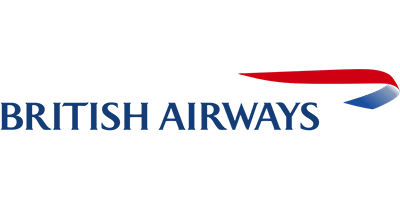British Airways standardise their Project Management skills

In order to get the most from its project management standardisation programme, British Airways engaged QA to carry out an in-depth assessment of its project professionals, benchmarking them against APM standards to create a targeted framework for learning.
The challenge:
Having undergone a number of restructures and acquisitions, British Airways (BA) had taken on many new personnel, inheriting along with them a range of approaches to the completion of projects. With employees worldwide, BA wanted a joined-up approach to its global business, driving efficiency through the standardisation of its project activities.
To achieve this, BA turned to QA to provide project management consultancy, benchmarking its capabilities against recognised APM standards and identifying opportunities for development that would support BA in its pursuit of project excellence.:
The solution:
The rigorous review process was carried out in three stages:
1. Design
The first task was to define the level BA’s project staff should be working at against the APM competency framework. To achieve this, the following tasks were completed:
→ A detailed review of BA’s existing job descriptions, cross-referencing them against the project roles defined by the APM.
→ Where discrepancies were found the profiles were amended, defining the levels of knowledge, skills and behaviours necessary to meet APM standards for each role.
→ The revised profiles were given to BA to sign off.
2. Assess:
“The assessment really got people to think about their development. They could see their strengths and areas for development, which in turn gives us overall trends, helping to focus our L&D in those areas.”
Sangita Chopra, Professional Development Manager, British Airways
At this stage, BA’s current capabilities were measured against the APM-aligned profiles using an automated assessment tool. Activities at this stage included:
→ Uploading the agreed profiles into an online competency assessment tool which used a questionnaire to test individuals’ skills against a specific role profile;
→ Users logged onto the system, nominated a role and completed the questionnaire;
→ The automated tool identified where there were gaps between a user’s current skills level and the role profile selected.
3. Develop:
Finally, the results from the assessment were used to identify what development was required for BA’s project activities to meet APM standards. This was possible because:
→ Competencies were mapped to training where a skills gap was discovered, and the results could be used to identify suitable training to address it.
To support the introduction of the automated assessment process, QA worked with BA to brand the portal to BA colours, run demos for users and launch communications to encourage a positive uptake of the system by employees.
The outcome:
Following a pilot run to assess 50 people, representing a cross-section of its project management community, BA has found the results useful on both individual and organisational levels by:
→ Identifying individuals’ skills gaps, allowing personalised training;
→ Analysing trends to determine any overarching development needs of the organisation.
BA has commented that the data provides valuable ‘live evidence’ to support targeted learning and development (L&D), helping to guide how its L&D budget should be allocated.
Next, BA will roll out the assessment to 200 more project professionals.
How can QA help your organisation?
Contact us today to chat about your learning needs and how we can design and develop bespoke learning solutions for your business.
